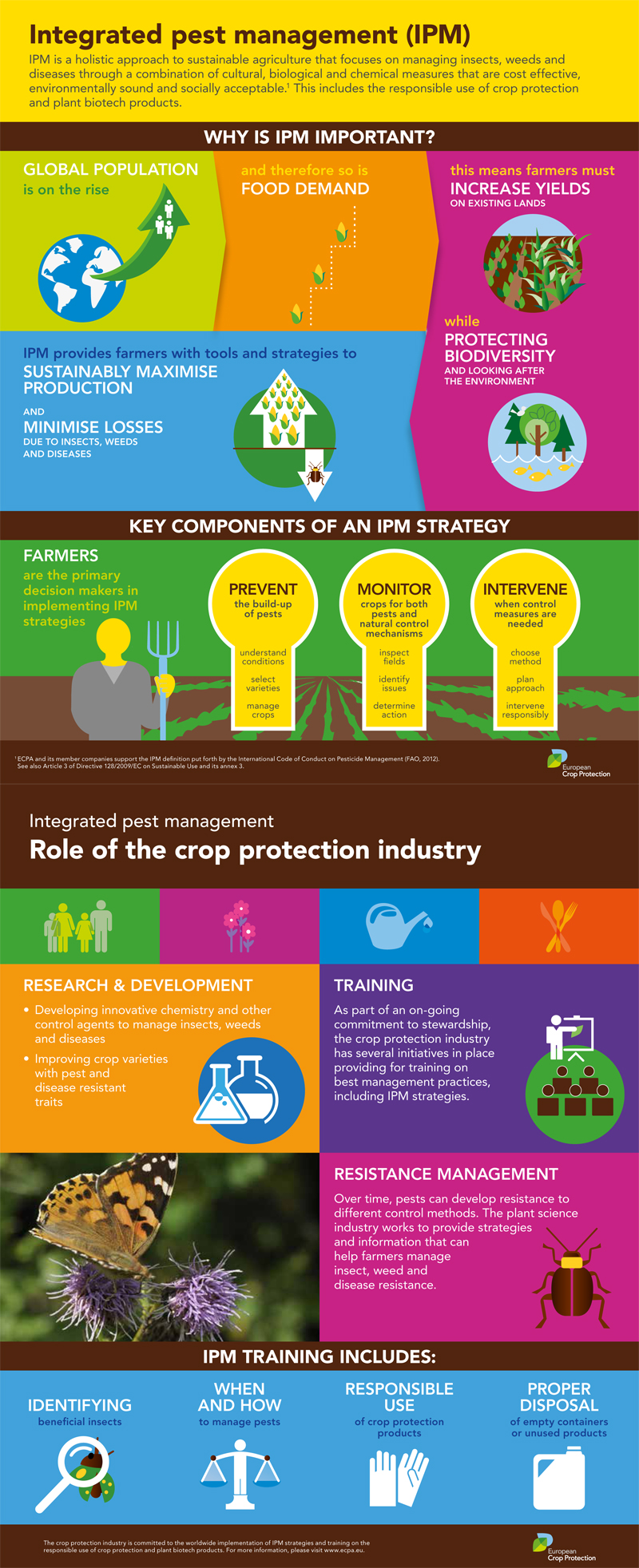Pest-Proofing Your Yard: Tips For Keeping Outside Parasites At Bay
Pest-Proofing Your Yard: Tips For Keeping Outside Parasites At Bay
Blog Article
Post Developed By-Shaffer Trujillo
Envision your yard as a haven, an area of harmony and appeal. Nevertheless, the presence of outdoor parasites can swiftly disrupt this picturesque picture. Suppose there were basic yet efficient ways to maintain these unwanted site visitors at bay and protect your garden oasis? By complying with a few useful ideas and executing natural methods, you can develop an unified outdoor space where your plants can thrive uninterrupted.
Natural Parasite Deterrents
To keep parasites away from your garden naturally, plant aromatic herbs like mint and lavender. These great smelling plants not only include elegance to your garden but also work as efficient parasite deterrents. Insects like insects, flies, and even some garden-damaging pests are pushed back by the solid aromas given off by these natural herbs. Just putting them strategically around your yard can assist produce a natural obstacle versus unwanted pests.
In addition to mint and lavender, think about growing other natural herbs like rosemary, basil, and lemongrass to even more boost your yard's pest-proofing capacities. These herbs not just serve as all-natural repellents however also have the included benefit of being useful in cooking or crafting homemade remedies.
Strategic Plant Placement
Think about the layout of your yard and the kinds of plants you have to tactically put them for optimum pest-proofing performance.
Begin by organizing plants with comparable resistance to parasites with each other. By doing this, you can produce an all-natural barrier that prevents bugs from spreading throughout your yard.
Additionally, positioning pest-repelling plants like marigolds, lavender, or mint near more susceptible plants can assist shield them. High plants, such as sunflowers or corn, can work as a guard for much shorter plants against insects like rabbits or ground-dwelling insects.
Remember to leave enough space in between plants to enhance air blood circulation and decrease the danger of diseases that pests might carry.
Additionally, think about growing pop over to this site -smelling herbs like rosemary or basil near prone plants to perplex insects' senses and make it harder for them to situate their targets.
Effective Pest Control Techniques
For combating garden insects efficiently, applying a multi-faceted bug control strategy is necessary. Begin by encouraging natural predators like birds, ladybugs, and hoping mantises to aid keep pest populations in check. Presenting plants that attract these advantageous insects can aid in bug control. Additionally, practicing great garden hygiene by removing debris and weeds where pests may conceal can make your garden less welcoming to undesirable visitors.
Take into consideration using physical obstacles such as row cover textiles or netting to shield at risk plants from parasites like caterpillars and birds. Using organic chemicals like neem oil or insecticidal soap can additionally work against particular pests while being much less unsafe to valuable pests and the setting. It's critical to turn your plants each season to prevent the buildup of bug populaces that target particular plants.
Frequently check your plants for indicators of parasite damage so you can take action without delay. By integrating these methods and remaining alert, you can effectively manage yard parasites and appreciate a growing, pest-free yard.
Final thought
So, there you have it - with the ideal approaches, you can maintain pesky outside pests far from your yard and help your plants prosper.
Did https://whatisratremoval17395.onzeblog.com/26610138/involving-tales-of-triumph-over-insects-are-disclosed-in-genuine-customer-experiences-with-pest-control-operator-services understand that planting mint has been shown to drive away insects and various other insects, lowering the requirement for hazardous pesticides by as much as 60%?
By incorporating natural deterrents and wise growing techniques, you can create a stunning and pest-resistant yard sanctuary for you to enjoy.
